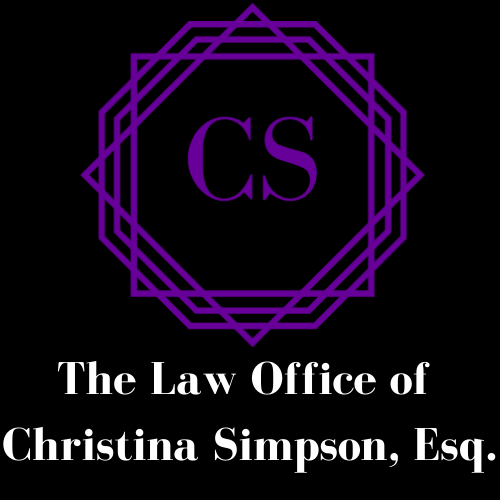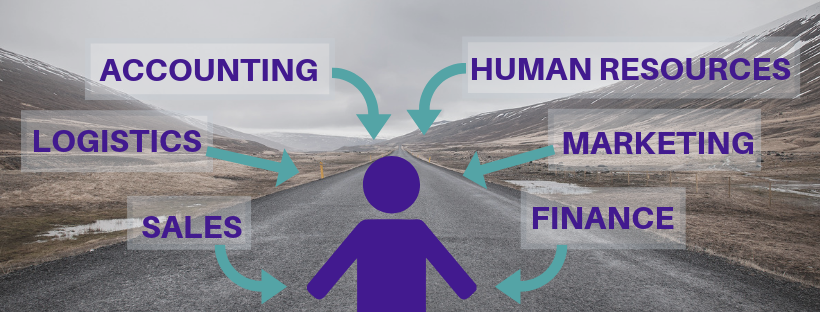What is a Sole Proprietorship?
Jan 16, 2019 | Written by Kierra MacDougall, ESQ. | 3 min read
You are an entrepreneur. You came up with a business idea and you went for it. If you haven’t figured it out by now, you will soon understand that one of the first steps in becoming a business owner is deciding how to run your company. Will you have employees? Managers? Or is it best you ride solo for a little while? How you run your company influences how your business is structured – and how your business is structured influences who will be personally liable for taxes, complying with laws, debts, and obligations.
There are many different ways to form a business entity (sole proprietorship, general partnerships, limited partnerships, limited liability partnerships, limited liability companies, limited liability limited partnership, and corporations). The more sophisticated your business structure is, the more opportunity there is to protect yourself from personal liability – so long as formalities are met.
Formalities Factors
Requirements of filing (costs)
Capital and Credit
Management and Control
Profits and Losses
Liabilities
Transferability of Interests
Continuity of Existence
Tax Considerations
Here, we will focus on sole proprietorships.
Formation.
You are the only one running the show because you are your own boss -- but you have not filed any legal paperwork. So what is the legal status of your company? A sole proprietorship is a firm that is owned by a single individual and, depending on the state, is relatively easy to form because there are generally no requirements needed to legally set-up the company. You are a graphic designer, a beer maker, a consultant. Once your business certificate is filed with the appropriate state office, you are ready to design those graphics! Brew that beer! Give that client advice! (NOTE: obtaining the right licenses to perform your services or sell your products will still be legally required).
Profits & Taxes.
It’s clear to the world that you run the show. You run the company under your individual name or maybe you are operating under a registered DBA name (Doing Business As) that is tied to your name and address. Either way you and your company are connected. When you are a one person show it is easy to determine who gets the profits -- you. But what if you employed some help? Whether you are one person or employing the help of others, the state recognizes your company as a sole proprietorship and you are entitled to all your profits. The sole proprietor, a committed entrepreneur, poured their personal wealth into their company and will reap the benefits in their personal capacity. Also, the individual named as the sole proprietor will be taxed the same on their personal and business income.
Risks.
Control over decisions, strategy, profits. It all sounds great but be careful. Operating as a sole proprietor puts the individual in a vulnerable position. As the sole face of the company, this individual is personally liable for the debts, losses, and obligations incurred while conducting a sole proprietorship business. There are no limitations and no protections on the individual’s personal assets. The company’s gone bankrupt? Well notify the carpool parents because the company’s debtors can just go right ahead and take the family van they attached to that business loan. This is because there is no legal distinction between the individual and the company.
Operations.
Turn that George Thorogood song off skip that queued Jason Derulo song - you don’t have to drink alone and you certainly don’t need to ride solo. Just because you are a sole proprietor does not mean you have to work solo. The sole proprietor may engage other people (managers, salespersons, etc.) to act on the sole proprietor’s behalf and under the sole proprietor’s control.
You have the business plan, the company name (or one in mind), and customers lined up to buy your product or use your service. Don’t let the uncertainties of identifying your company’s legal status stop you from reaching your business goals. Starting out as a sole proprietor is common and some of the most successful companies today operated under this status. However, the right business entity will help you cut down costs and shield you from personal liability. Talking to a business lawyer can help you map out your way towards success now and in the future.
The advantages and disadvantages to choosing the right business entity depend on a number of different factors. If you would like to understand more about how your business entity choice implicates you personally or how you can benefit from a particular entity form, please reach out to Attorney Christina A. Simpson, Esq. here.


